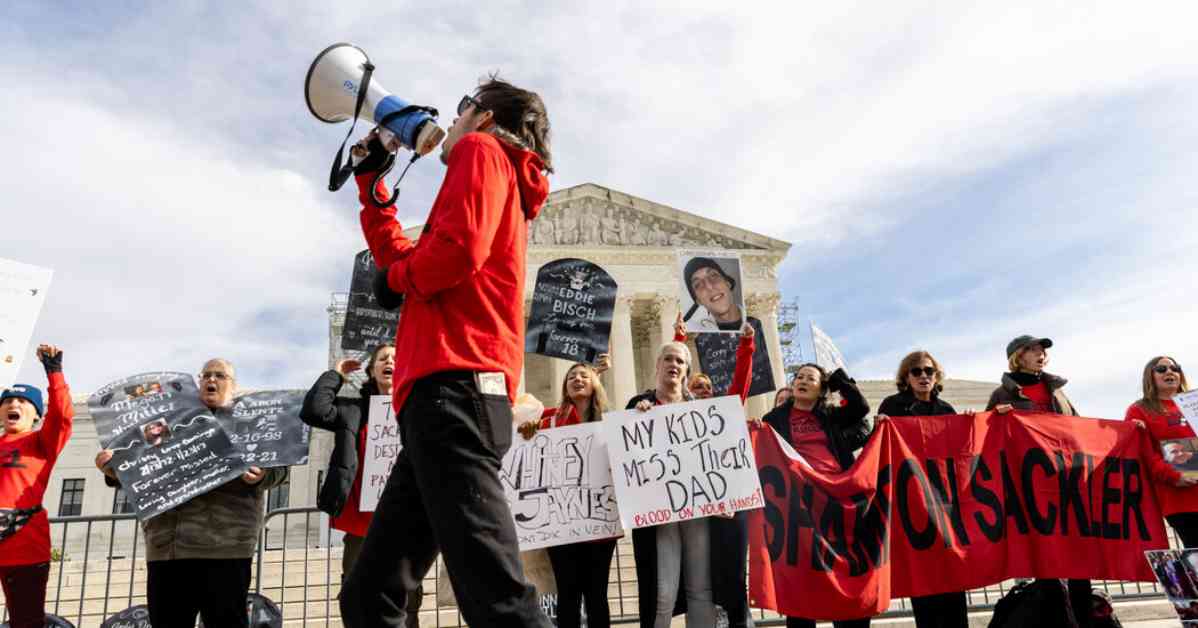The recent Supreme Court decision regarding Purdue Pharma’s liability shield has sparked significant controversy and implications in the fight against the opioid epidemic. The court ruled against a provision in a multibillion-dollar settlement that would have protected members of the Sackler family from civil claims related to the crisis.
The case not only sheds light on the actions of the wealthy Sackler family but also brings attention to the mechanisms within the bankruptcy court system. The decision, written by Justice Neil M. Gorsuch, highlighted that the federal bankruptcy code does not authorize a liability shield for third parties in bankruptcy agreements.
While the majority of the justices supported this ruling, Justice Brett M. Kavanaugh expressed strong dissent, emphasizing the potential impact on over 100,000 opioid victims and their families. The decision essentially dismantles a carefully negotiated settlement that aimed to allocate billions of dollars to combat the opioid epidemic while granting immunity to the Sackler family from related lawsuits.
The involvement of the U.S. Trustee Program in urging the Supreme Court to intervene underscores the misuse of the bankruptcy system to shield the Sacklers from liability. By rejecting the liability shield, the court has effectively put an end to the immunity previously granted to the Sackler family, who controlled Purdue Pharma, the manufacturer of OxyContin.
This decision paves the way for a more transparent and accountable process, ensuring that those responsible for fueling the opioid epidemic are held liable for their actions. It represents a significant step towards justice for the victims and their families who have been impacted by the devastating consequences of the crisis.
Moving forward, it is essential for stakeholders to continue advocating for policies and regulations that prioritize public health and safety over corporate interests. By upholding accountability and responsibility, we can work towards preventing similar crises in the future and supporting those affected by the opioid epidemic.





















